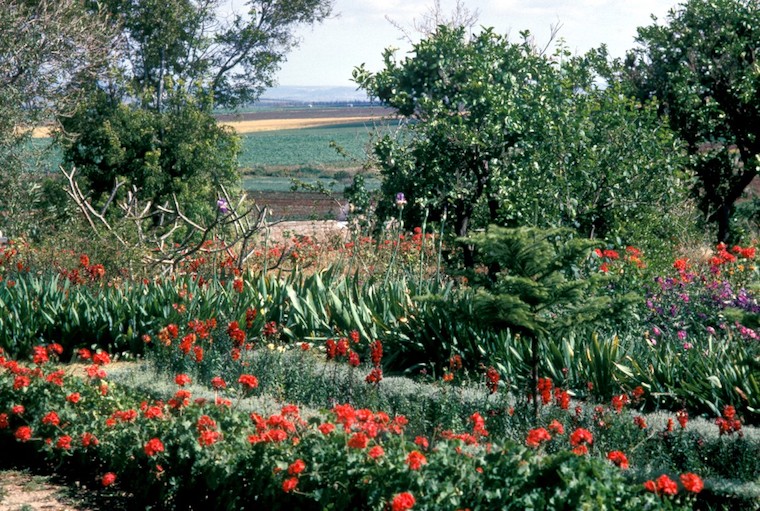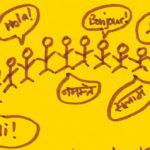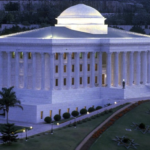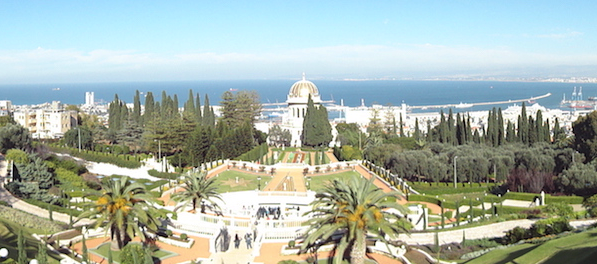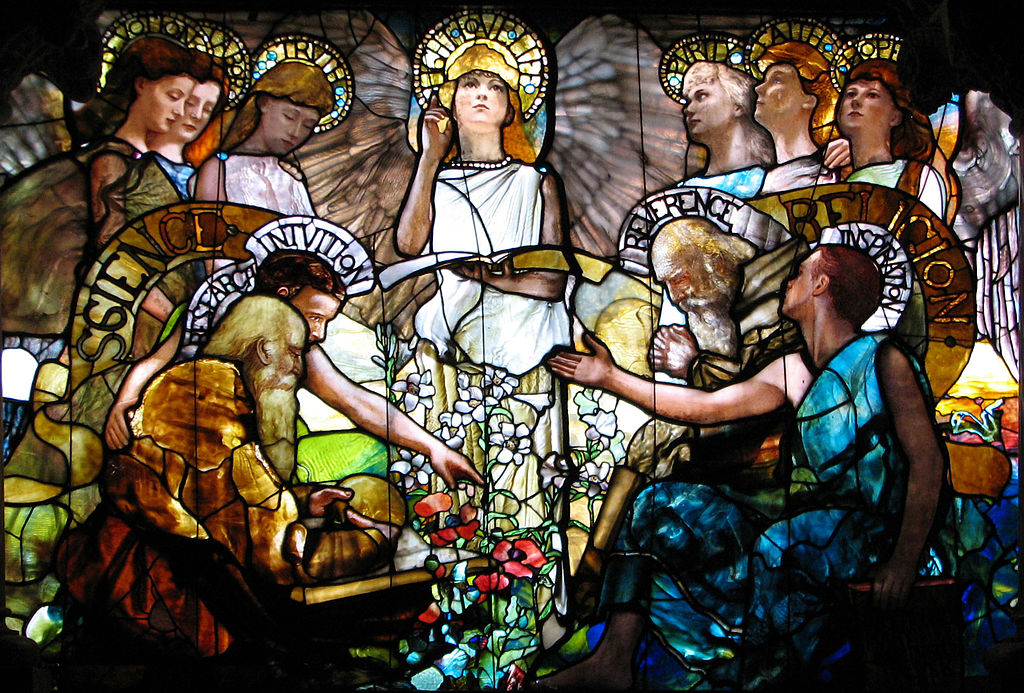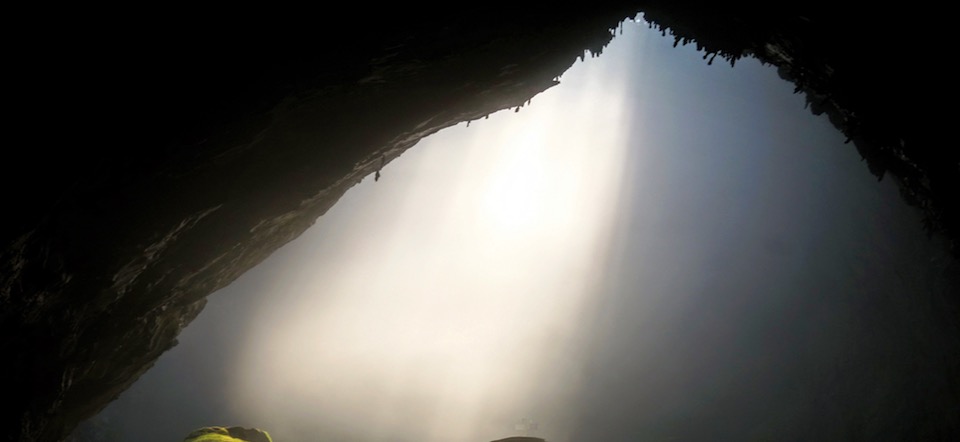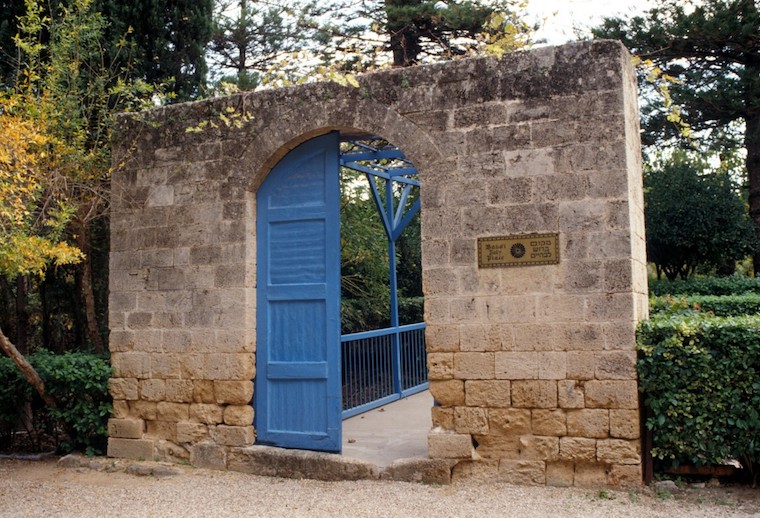
Ishraqat – Universal Education, World Language and Global Institution
 The work Ishraqat is a rich source of key teachings of Bahá’u’lláh. Among them are universal education, a world language and the establishment of the Universal House of Justice, the international governing council of the Baha’i Faith.
The work Ishraqat is a rich source of key teachings of Bahá’u’lláh. Among them are universal education, a world language and the establishment of the Universal House of Justice, the international governing council of the Baha’i Faith.
Both Universal Education and a World Language are later identified by Abdu’l Baha as key principles of the Baha’I Faith. The Universal House of Justice is a foundation stone for human unity.
In drawing attention to the importance of education, Bahá’u’lláh reminds his readers that in his book of laws, the Kitab-i-Aqdas, he has made the provision of education to children (both sons and daughters) an obligation of the child’s father (or where they are unable – society as a whole).
Bahá’u’lláh’s discourse on a world language is in the context of his teachings of the oneness of humanity.
The sixth Ishráq is union and concord amongst the children of men. From the beginning of time the light of unity hath shed its divine radiance upon the world, and the greatest means for the promotion of that unity is for the peoples of the world to understand one another’s writing and speech. In former Epistles We have enjoined upon the Trustees of the House of Justice either to choose one language from among those now existing or to adopt a new one, and in like manner to select a common script, both of which should be taught in all the schools of the world. Thus will the earth be regarded as one country and one home. The most glorious fruit of the tree of knowledge is this exalted word: Of one tree are all ye the fruit, and of one bough the leaves. Let not man glory in this that he loveth his country, let him rather glory in this that he loveth his kind. Concerning this We have previously revealed that which is the means of the reconstruction of the world and the unity of nations. Blessed are they that attain thereunto. Blessed are they that act accordingly.[1]
Also in Ishraqat we find an explicit addition to Bahá’u’lláh’s book of laws, which Bahá’u’lláh states “is accounted as part of the Most Holy Book”.
The men of God’s House of Justice have been charged with the affairs of the people. They, in truth, are the Trustees of God among His servants and the daysprings of authority in His countries. Inasmuch as for each day there is a new problem and for every problem an expedient solution, such affairs should be referred to the House of Justice that the members thereof may act according to the needs and requirements of the time. They that, for the sake of God, arise to serve His Cause, are the recipients of divine inspiration from the unseen Kingdom. It is incumbent upon all to be obedient unto them. All matters of State should be referred to the House of Justice, but acts of worship must be observed according to that which God hath revealed in His Book.[2]
From time to time we find that Bahá’u’lláh confers the same responsibilities on civil government as on the institutions he establishes. For example, he calls on both governments and the House of Justice to foster world peace and the adoption of a universal language. Moreover, we have seen in an earlier article that he also defines a common goal for individual, institution and community: fostering the well-being of humankind as a whole. It is a model based on harmony between diverse elements. Moreover, we see in Ishraqat diverse interacting elements each of which fosters human unity. It is a systems approach.
(This article is the 163rd in a series of what I hope will be 200 articles in 200 days for the 200th anniversary of the birth of Bahá’u’lláh. The anniversary is being celebrated around the world on 21 and 22 October 2017, The articles are simply my personal reflections on Bahá’u’lláh’s life and work. Any errors or inadequacies in these articles are solely my responsibility.)
Image Credits:
Entrance to the Ridván Garden. Location: ‘Akká, Israel. Copyright © Bahá’í International Community
Date taken: 2000s
Image link: http://media.bahai.org/detail/5946066
